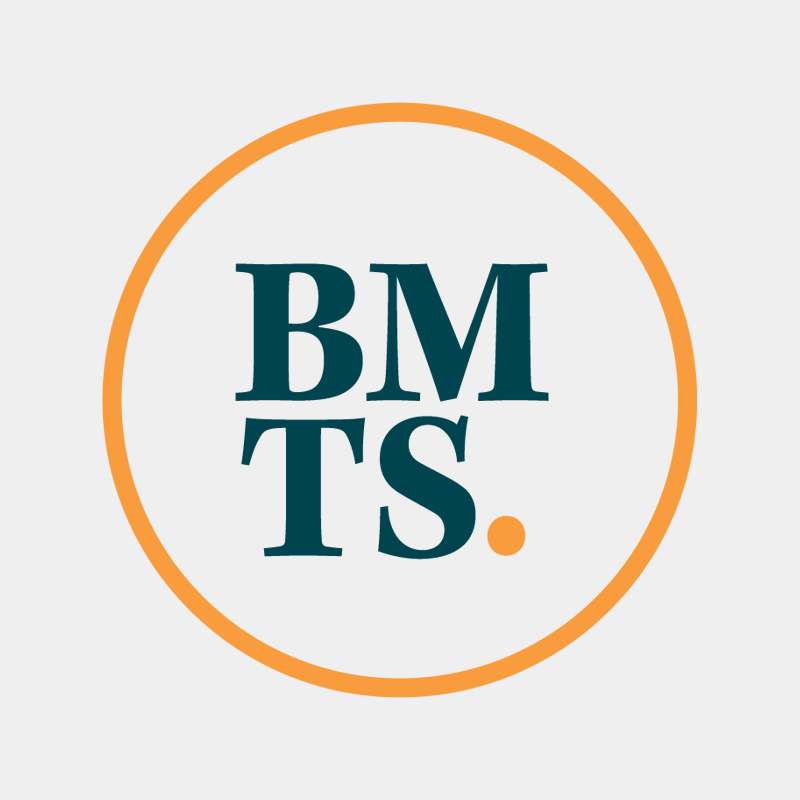The public group overseeing stadium construction in Minneapolis provided some specifics Friday about why it has ruled out the use of bird-safe glass in the new home of the Vikings.
Michele Kelm-Helgen, chair of the Minnesota Sports Facilities Authority, says a switch to the glass would cost time and money, estimating the additional costs at between $40 million and $80 million.
Officials had previously said the new glass itself would cost about $1 million, but as the Pioneer Press reports, the associated costs with that glass would be much higher.
Kelm-Helgen estimated the delay in the project would cost about $10 million in foregone rent if the Vikings couldn’t play the 2016 season in the new facility, plus another $6 million from other events, plus $25 million to $60 million related to extending the construction work.
The flap arose when the Audubon Society – the nation’s largest bird advocacy group – called the new Vikings stadium a death-trap for birds. The glass-walled stadium will sit near the Mississippi River in a flyway used by millions of migrating birds.
Audubon circulated a petition and ruffled feathers with the Minneapolis City Council and in the governor’s office.
The Vikings and the MSFA have said their opposition to fritted glass is more about aesthetics than cost. Since the glass is not completely transparent, the team says it would spoil the airy, glassy feel intended in the stadium’s design.
The Star Tribune reports the first pane of glass is expected to be hung on the new stadium in March.
#Vikings stadium will be fully enclosed in November 2015.
— Rochelle Olson (@rochelleolson) January 16, 2015
One option being considered as a way to mitigate bird deaths is a film that could be applied to the glass once it’s in place. 3M is working on two such products and has been in talks with Audubon and the sports authority.
KSTP reports the Audubon Society, the MSFA and 3M are testing those products to see how effective they are. Kelm-Helgen and MSFA board member John Griffith said Friday the 3M option is real.
Kelm-Helgen said an announcement on that issue could come by March.





